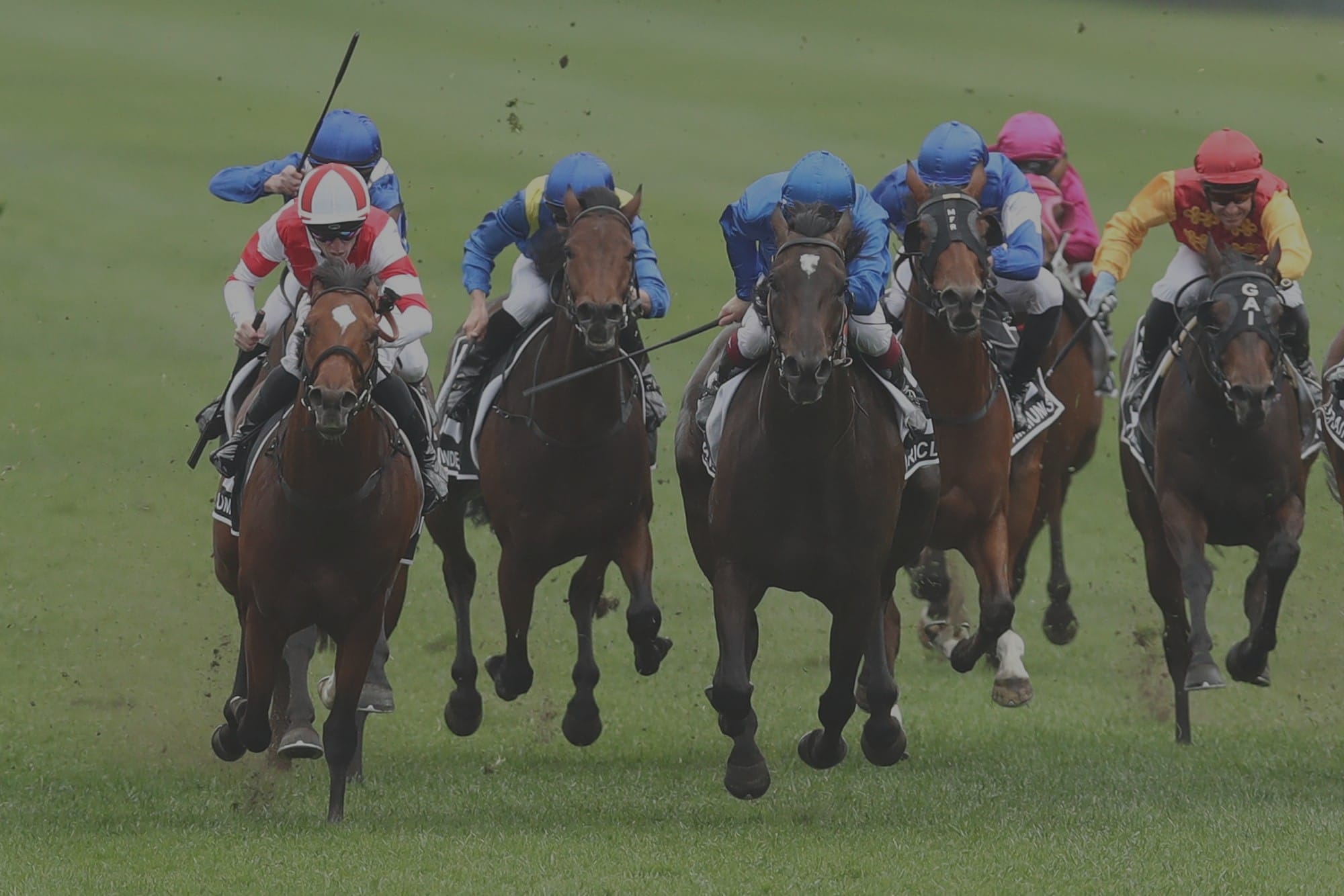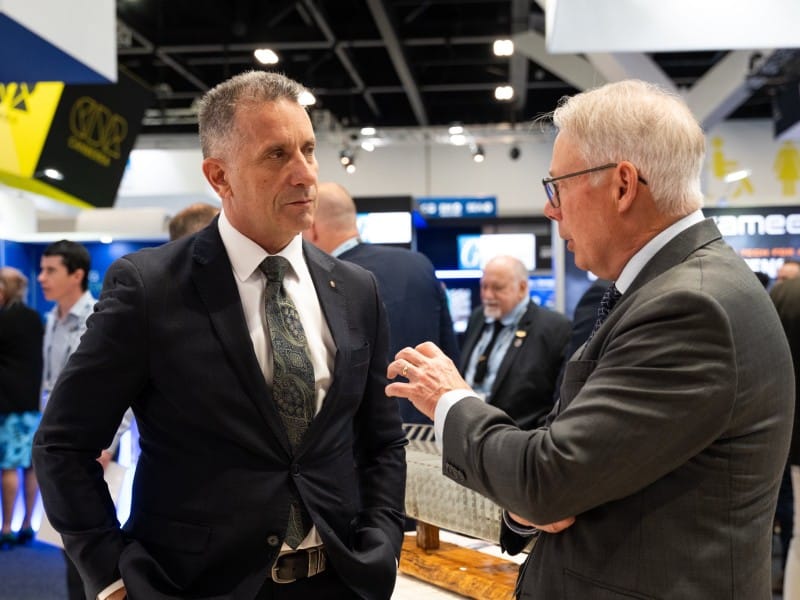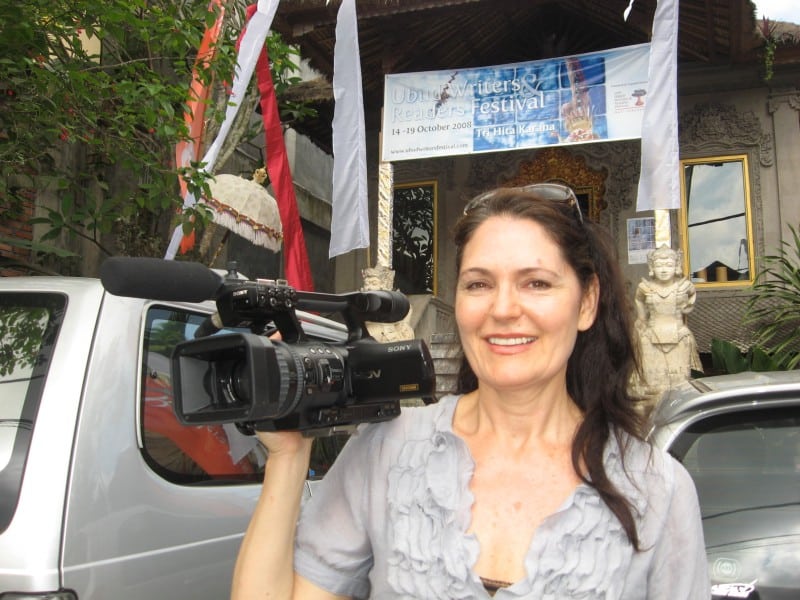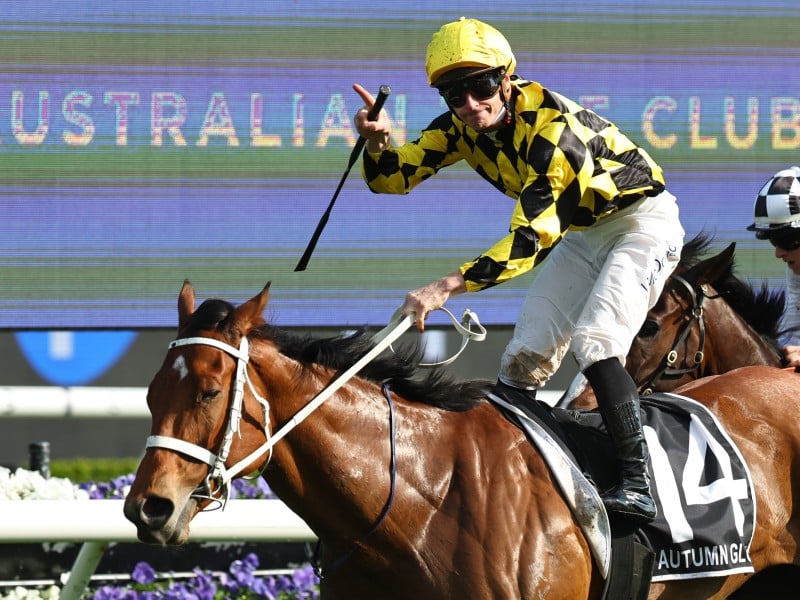High stakes – how an ex-garbo has an Everest record that is the envy of most
Brad Playford has found his calling in racing, not as the trainer he wanted to be but as an owner who is about to experience the thrill of having an Everest runner for the sixth time.
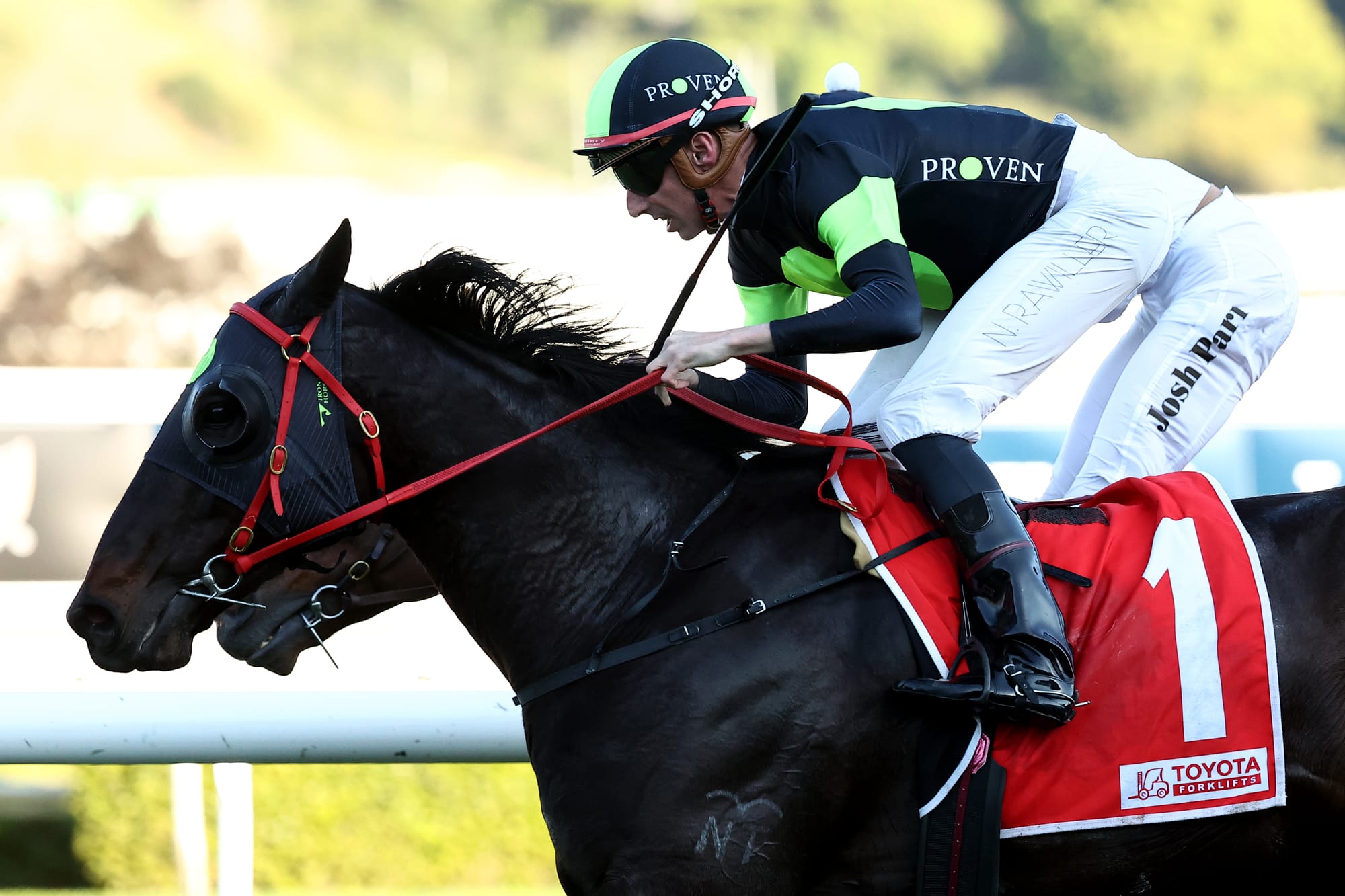
By any key metric, a $20 million Everest should test the theory that racing is an egalitarian stage that has been the foundation of the sport in Australia.
An upstart race backed by the sport of kings’ powerbrokers: breeding conglomerates, corporations with a vested interest in thoroughbred racing, a trainer with a mega stable and business titans like Neil Werrett and Max Whitby.
The privilege of owning a piece of prime Everest real estate, better known as a slot, costs $750,000.
That fee entitles the slot owner to negotiate a deal with the owners of a horse in a highly subjective process that is invitational in its method and challenges the belief that Australian racing thrives on equality.
But for all the high stakes involved, The Everest has managed to prosper as an aspirational race within reach of average racegoers such as Brad Playford.
Playford will continue an extraordinary record of sharing ownership of an Everest runner when Private Eye runs in the syndicator Proven Thoroughbreds’ colours from the slot held by Werrett and Whitby.
This will be the eighth Everest and Playford will join the inner sanctum of owners for the sixth time.
He was among the mayhem that included a cancer survivor, a bus driver and an assortment of tradies in a Triple Crown Syndications ownership group who celebrated Redzel’s win in the inaugural edition.
Redzel returned a year later, winning on behalf of Chinese mining billionaire Yuesheng Zhang’s slot and now Playford, a 67-year-old council worker, will be connected to another high-flyer in Werrett in pursuit of Australian racing’s richest purse.
Werrett is a veteran fund manager who founded the Galileo Group in 2003, which has reportedly, at last count, acquired more than $13 billion in real estate assets.
He has been a heavy investor in racing after becoming a household industry name as a majority owner of the undefeated champion sprinter Black Caviar.
Werrett’s bloodstock portfolio is extensive but Playford’s racing interests have also expanded to the point of “too many”, with shares ranging from 2.5 per cent to 10 per cent in more than 40 horses throughout various stables.
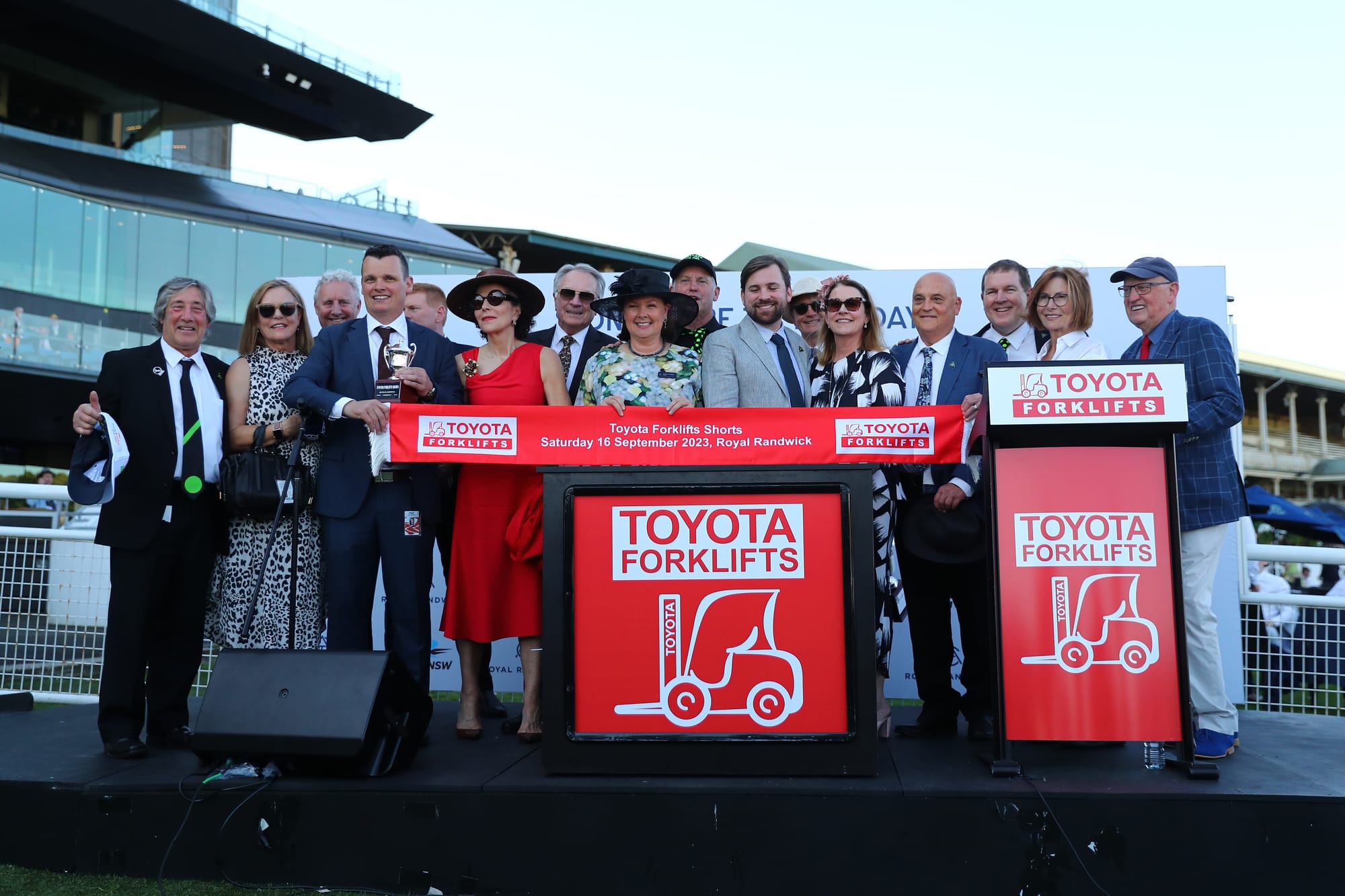
Stars such as Redzel, Private Eye – who between them are credited with earning more than $26 million in prize money – and recent Epsom Handicap winner Ceolwulf have stirred the passion for the thoroughbred after cutting ties with racing when an ambition was extinguished because of the economic reality.
They have filled a void left after a short-lived career as a trainer.
As a strapper and trackwork rider, Playford worked for the best. Colin Hayes at Lindsay Park and Neville Begg at Randwick provided a start that ignited a plan to open his own stable.
In between, a stint at Newmarket with William Hastings-Bass, who trained for the Queen and brought Drum Taps to Australia for an unsuccessful Melbourne Cup bid, added an overseas experience that coincided with Shergar’s rise as one of the world’s best.
“I saw Shergar win the English Derby and I followed him to Ireland and watched him win the Irish Derby,” Playford told The Straight.
But the good horses, the ones needed to build a stable from scratch and give a new trainer some momentum and a following, were missing when Playford ventured into the training ranks
“I wanted to train but it didn’t work out. I had a licence but I didn’t have any horses that were fast enough and I just battled away,” Playford said.
“I never got to where I wanted to go … I never really fulfilled that part of my life and what I wanted to do in the game because I couldn’t make a living out of it.
“I left (racing) pretty disappointed with how things turned out.”
“I wanted to train but it didn’t work out. I had a licence but I didn’t have any horses that were fast enough.” – Brad Playford
Playford walked away from the industry in the 1990s, finishing up at Tim Donnelly’s Randwick yard one week before starting as a council street sweeper the next.
He has been with Bayside City Council ever since, collecting garbage and driving trucks.
But is probably better known around Sydney’s southern suburbs as the horse owner with the Midas touch rather than the current caretaker of the Botany Town Hall.
Jamie Walter says Playford is one of the most successful owners on Proven’s books. There will be further evidence when the syndicator’s accomplished stayer Stockman takes his place in the St Leger Stakes.
Outside of the syndicate experience but keeping a link to trainer Joe Pride, Playford also shares in the ownership of Ceolwulf, the Epsom Handicap winner who runs for a slice of $5 million in the King Charles III Stakes.
“When I started to get interested again and had a few bets, I asked my wife Elizabeth if I could get a share in a horse,” Playford said.
“I had a bit of luck with a few horses but nothing like Redzel and you really couldn’t believe that I’d be involved in a horse like Private Eye so quickly after Redzel.”
“It’s not easy in the racing game. It’s tough working in the racing industry but since Redzel has come along these have been the best years of my life.
“It’s all come together now at this stage of my life where I get so much enjoyment out of it.
“People say ‘you must have a lot of money’ but I say ‘no, I’ve just got a lot of horses’,” Playford said.
“Yes, it’s been life-changing. I’ve made a bit of money. I’ve been able to help my children and I wouldn’t have been able to do that without the horses.”

